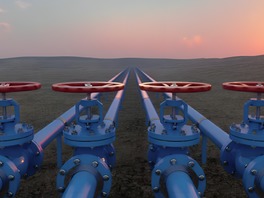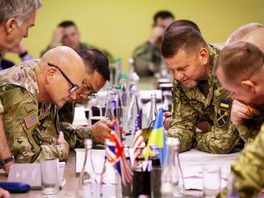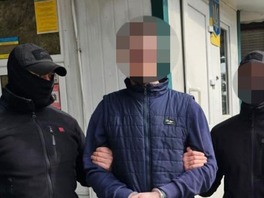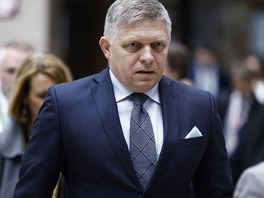On Thursday, April 29, the European Parliament passed a resolution on Russia, the case of Alexei Navalny, the military build-up on Ukraine’s border and Russian attacks in the Czech Republic.
The text of the resolution is available on the European Parliament's website.
The nonbinding resolution, supported by the five mainstream political groups in the European Parliament, was adopted by 569 votes in favor, 67 against, and with 46 abstentions.
According to the resolution, Russia "poses not only an external threat to European security, but is also waging an internal war on its own people in the form of the systematic oppression of the opposition and arrests on the streets."
It stated that Navalny's poisoning with the nerve agent Novichok in 2020 was "an assassination attempt" that was "perpetrated by agents of the Russian security services within the Russian Federation."
"The poisoning of Navalny fits in with a pattern of actions taken against [Russian President Vladimir] Putin's opponents...leading to the death of several leading opposition figures, journalists, activists, and foreign leaders," it says.
It also stated unequivocally that "the same GRU agents" from Russia's military intelligence service who were "involved in the explosion of the ammunition depot in the Czech Republic were also responsible for the attempted murder" in Salisbury, England, of former Russian agent Sergei Skripal and his daughter, Yulia Skripal, using Novichok. It noted that GRU agents have also been charged with the attempted murder of Emilian Gebrev, the Bulgarian owner of a weapons factory, and other people in Bulgaria in 2015, using a Novichok-like substance.
"Russia is noncooperative in investigating these crimes committed on European Union territory" and is "sheltering key suspects," it said.
The resolution called for Russia to immediately release Navalny and pull its military forces back from the border with Ukraine, saying the "scale and striking capabilities" of the Russian troops there "indicate intentions of an offensive."
It said that if those Russian forces are used to invade Ukraine, "imports of oil and gas from Russia to the EU [should] be immediately stopped" and Russia should be "excluded from the SWIFT payment system" of international bank transfers.
It also said that "assets in the EU of oligarchs close to the Russian authorities and their families" need to be frozen and their EU visas canceled if those Russian forces invaded Ukraine.
On energy, the resolution called on the EU to reduce dependence on Russia by halting the completion of the Nord Stream 2 gas pipeline from Russia to Germany under the Baltic Sea.
The resolution was welcomed by Ukrainian Foreign Minister Dmytro Kuleba, who called it robust. "These are signals Ukraine has asked for, clearly showing Russia possible costs of extending its aggression," he said onTwitter.






